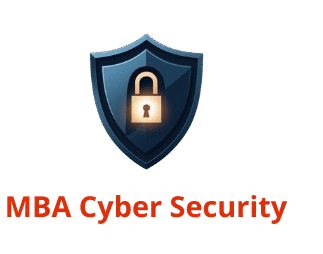Protecting your privacy online has become a priority. Whether you’re browsing discreetly, securing a public Wi-Fi connection, or bypassing censorship, VPNs (Virtual Private Networks) have become essential tools. However, not all VPNs are created equal. Here are the 7 essential criteria for choosing a reliable VPN in 2025.
1. Privacy policy
A trustworthy VPN must guarantee that it keeps no logs of your online activities. This “no-logs” policy is crucial for protecting your anonymity. Before subscribing, check that the provider clearly states in its terms that it does not store your browsing data, IP address, or connection history.
Warning: Some free or suspicious VPNs may collect and sell your data to third parties. Always choose a transparent VPN with an auditable privacy policy.
2. Encryption level
Encryption is what protects your data from prying eyes. A good VPN uses military-grade encryption (AES 256-bit), known for its high level of security. Also, check the protocol used: OpenVPN, WireGuard, or IKEv2 are among the most secure in 2025.
Tip: Choose VPNs that allow manual selection of protocols depending on your needs (speed, security, compatibility).
3. Connection speed
A reliable VPN should not significantly slow down your browsing—especially if you use streaming, video calls, or online gaming. The best providers offer fast, optimized servers strategically located in many countries.
Try this: Check if the VPN has a built-in speed test or offers a free trial to assess its performance.
4. Server Coverage and Locations
The more servers a VPN has across multiple countries, the more options you have to unlock content (Netflix, YouTube, social networks, etc.). A good VPN usually offers coverage in over 50 countries with thousands of servers.
Example: If you want to watch a show only available in the U.S., you need access to a high-performance U.S. server.
5. Cross-platform compatibility
Your VPN should work on all your devices: Windows, macOS, Android, iOS, Linux, and even certain routers or smart TVs. A serious VPN provider generally allows 5 to 10 simultaneous connections per account.
Bonus: Some providers offer browser extensions (Chrome, Firefox) for quick and targeted protection.
6. Customer support and transparency
Responsive technical support is key—especially for beginners. Check whether the provider offers 24/7 support via chat or email, as well as a comprehensive help center.
Transparency: A trustworthy VPN regularly publishes independent audits, transparency reports, or third-party security tests.
7. Price-to-quality ratio
A free VPN can help occasionally, but for serious protection, it’s better to invest in an affordable paid solution. The best VPNs often offer plans for less than €3/month with a money-back guarantee.
Recommendation: Compare prices over time (1 month, 1 year, 2 years) and be cautious of “free” offers that seem too good to be true.
Final word
Choosing a reliable VPN in 2025 requires careful attention to specific criteria: privacy protection, technical performance, global coverage, and customer service. Take time to compare providers before committing. A good VPN is a powerful ally to stay free, anonymous, and secure online.





